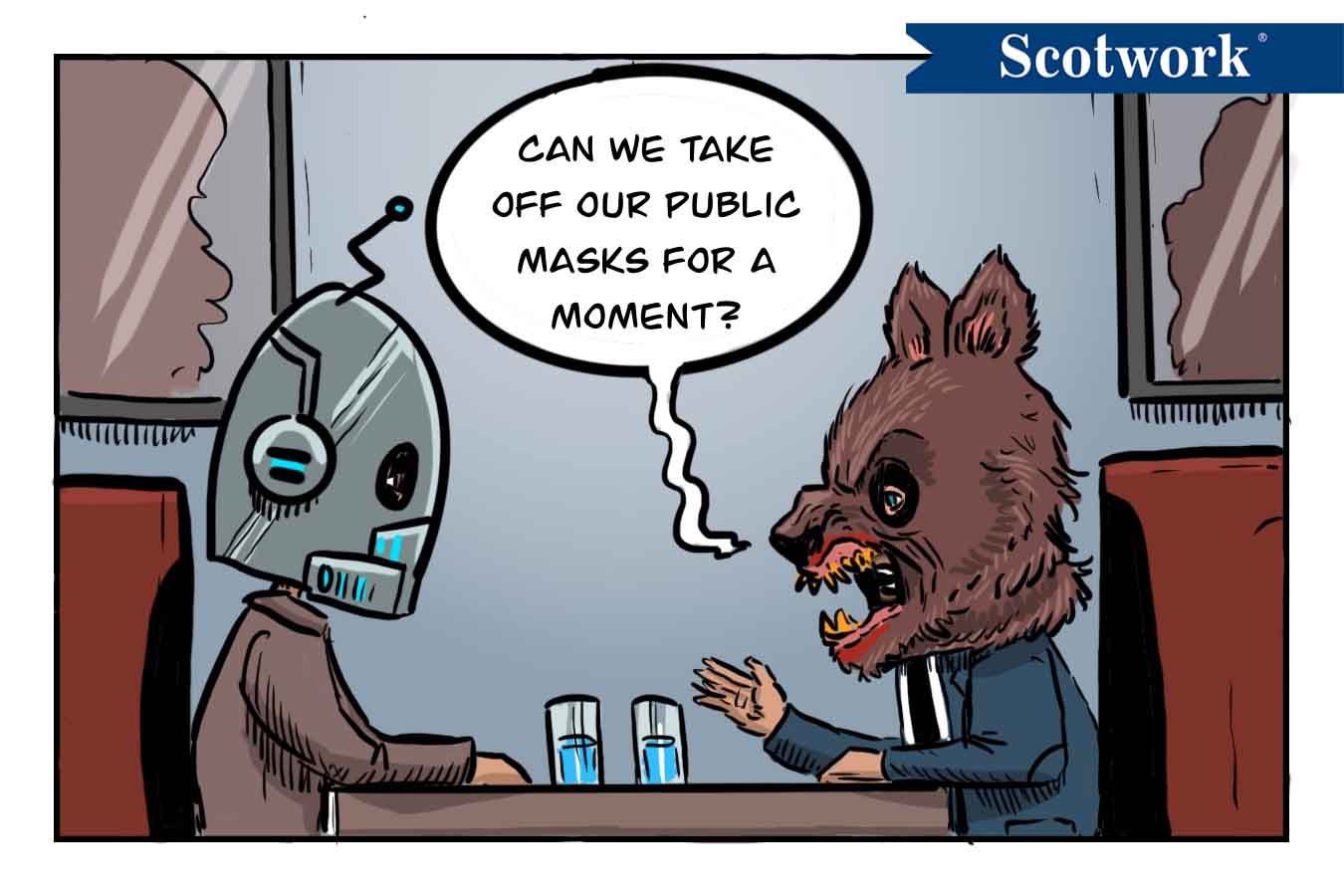When it comes to negotiation, who’s watching can change everything.
We’ve all been there. A meeting where the boss suddenly joins. A conversation where a colleague leans in a little closer than necessary. A team call that somehow becomes a stage.
The moment a negotiation goes public, even just a little, we start managing more than the deal — we manage the audience.
In private, we tend to focus on the outcome. In public, we often shift to protecting our image. Ego enters the room. So does performance. And that shift has consequences for how the negotiation unfolds.
Face, Ego, and the Performance Trap
Public negotiations invite an unspoken actor: reputation. Whether you’re a leader trying to project control in front of your team or an employee striving to appear capable and sharp in front of the boss, the presence of an audience changes behavior. It can become less about “what’s the right outcome?” and more about “how do I look while getting it?”
That’s not always bad. But it is a dynamic worth acknowledging. When negotiators feel watched, they’re more likely to dig in. Not necessarily because the issue demands it, but because backing down might make them look weak. A critical risk of an audience’s influence is the loss of flexibility within the negotiation.
Information Withheld, Signals Lost
Another casualty of public negotiation is sharing information at the table. In a private discussion, we might feel comfortable sharing priorities, pressures, or possible trade-offs. We might ask questions that reveal what we don’t know yet or admit where we’re stuck.
In public? Not so much. People hesitate to share anything that could be perceived as weak, including important information that could lead to a better deal for both sides. Instead, we default to holding our cards close. Negotiations become more guarded — and less productive.
But Public Negotiation Isn’t All Bad
Here’s the twist: Negotiating publicly can also be powerful. When managed well, a public negotiation elevates the stakes to engage in buy-in. It can signal transparency, good intent, and alignment. Leaders negotiating in front of their teams can reinforce direction and rally support. Teams negotiating together with stakeholders can demonstrate shared purpose.
Additionally, a well-managed public negotiation can reduce the post-negotiation sales job. By bringing all stakeholders along in real time, the results are more readily adopted internally afterward.
Know Your Audience and Your Arena
Be aware of who’s watching your next negotiation, and how that changes the dynamic. If ego, reputation, or performance pressure are taking over, consider stepping into a more private setting. You might be surprised by how much more you can get done away from the spotlight.
On the flipside, if you’re trying to inspire alignment or model how negotiation should be done, some public presence to your negotiation might go a long way.
As the Bard says, “All the world’s a stage” — and so is a negotiation. Just make sure the stage you choose serves your negotiation, and not the other way around.
Negotiation Consulting Can Help You Manage a Deal in Public.
The moment a negotiation goes public, even just a little, we start managing more than the deal — we manage the audience. Rely on Scotwork’s 50 years of negotiation expertise to help you use the stage to your advantage.

